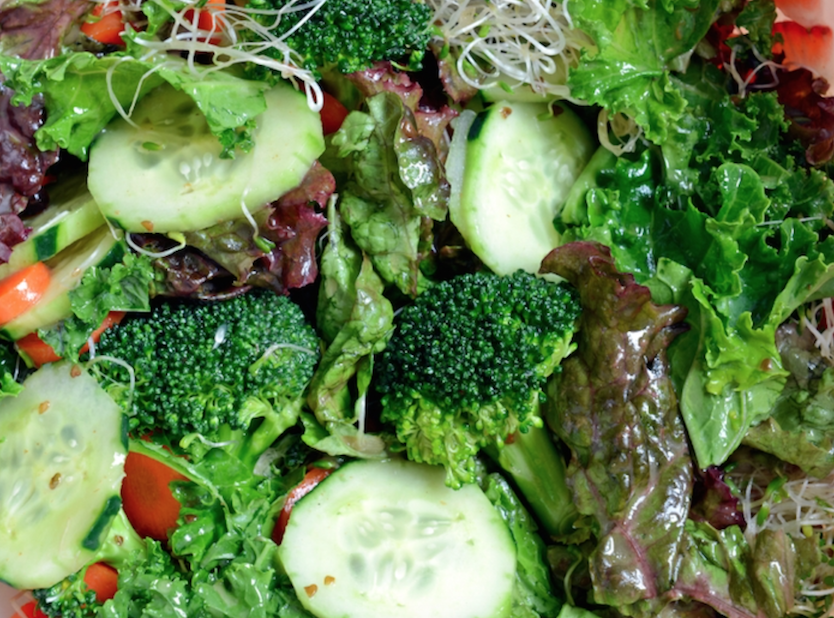Is eating pork good or bad for your health?
This is one of the most common questions I get asked by family, friends, associates, and followers.
Pork is undeniably one of the most consumed meats in the world. Still, many abstain for social, cultural and religious reasons. While certainly a personal choice, I have a problem with all the sketchy explanations as to why pork should be eliminated from the diet, as many claims simply aren’t substantiated.
Related Article: Reconsidering Pork as Part of a Healthy Diet
Now, I will say that mass ‘overconsumption’ of pork is definitely a problem. After all, pork has a very slow rate of digestion.
Just one serving can take up to six hours to digest and most people consume 2-3 (or more) servings in a single sitting. Some even take in pork more than once a day, which can dramatically delay the overall digestive process. Adding insult to injury, subpar cuts of pork like bacon and ribs are the slowest to digest yet they are by far the most commonly consumed.
That’s something to think about if you find yourself eating bacon for breakfast, having a ham sandwich for lunch, and then taking in a couple of pork chops for dinner several times a week. Such eating patterns can wreak havoc on the digestive system, making it difficult to absorb essential micronutrients from other foods (malabsorption).
Related Article: Micronutrients: The Nutritional Building Blocks for Good Health
This is a ‘bad’ thing.
But, in and of itself, pork isn’t at all bad. Truth is, consuming lean cuts of pork (tenderloin, loin center steak, and shoulder blade boneless chops) in moderation can actually be beneficial as they’re rich in protein and packed full of health-promoting vitamins, minerals and antioxidants like niacin, thiamin, selenium, zinc, and phosphorous.
These are ‘good’ things.
When it comes to pork consumption moderation is key. So, no more than one 3 to 4-ounce serving, twice a week. A serving of pork is about the size of a deck of cards or a bar of soap.

Now, if you don’t have the discipline to regulate your intake of pork this way, you may find it most beneficial to fully abstain from eating it. But, again, that’s a personal choice. If you choose to include pork in your diet, know that your patterns of consumption are what’ll ultimately determine whether pork is good or bad for your health.
RECIPE: Ground Pork with Manzanilla Olives, Minced Pimientos, and Capers







